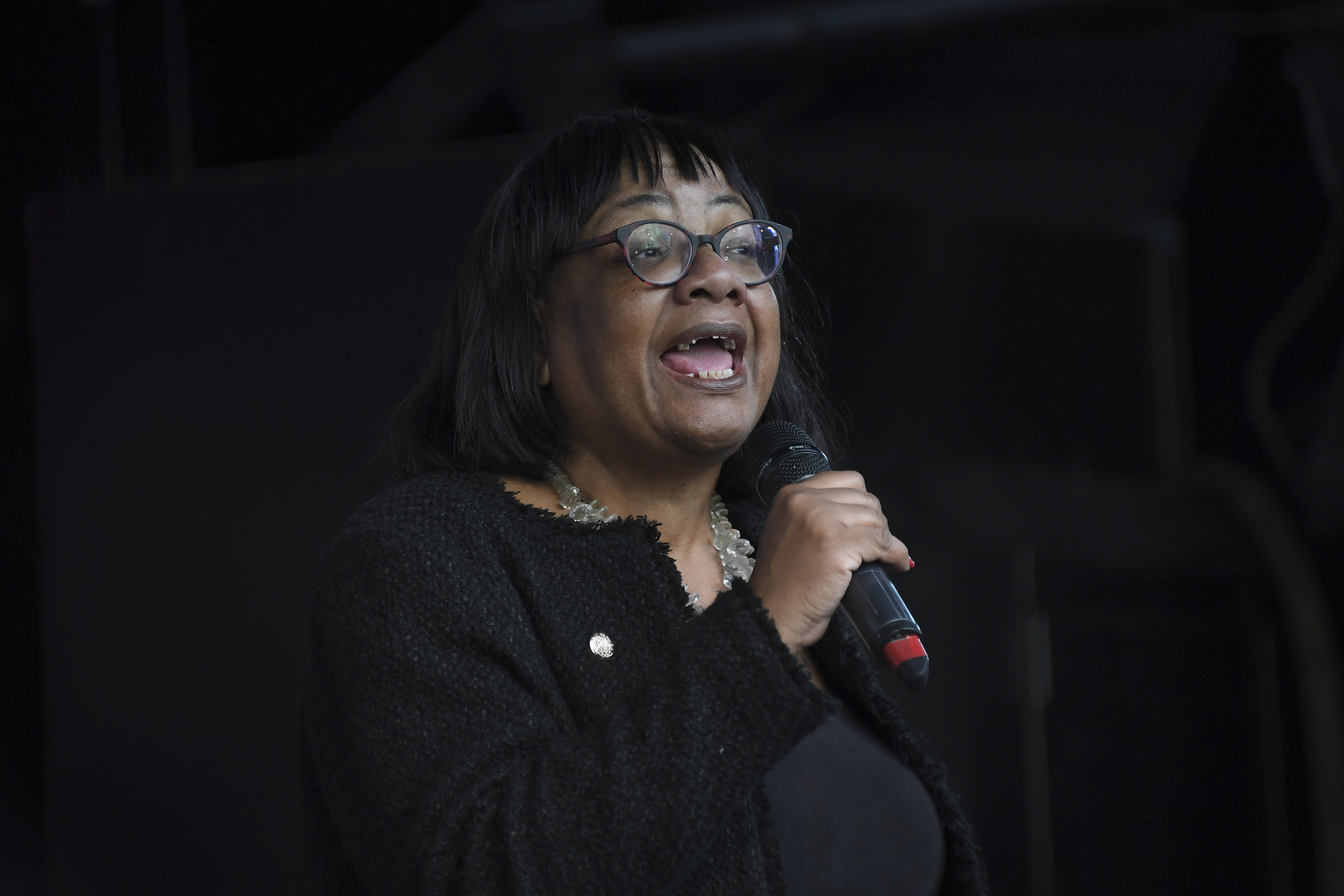Starmer told reporters while on a campaign trip to Scotland that Diane Abbott, who has been a Labour lawmaker since 1987, is "free" to stand as a Labour candidate in the election on July 4.
"She has carved a path for other people to come into politics and public life," he said.
Her future in the party has been in question over the past year, particularly in the wake of the announcement of the election last week from Conservative Prime Minister Rishi Sunak.
At the time of that announcement, Abbott, 70, had been in limbo as she was serving a suspension for comments last year that suggested Jewish and Irish people do not experience racism "all their lives."
Though she apologized instantly for those remarks, the party's machinery only reinstated Abbott earlier this week, but had not made a decision whether she would be the candidate for her constituency in northeast London. The row picked up steam after Abbott said she had heard she would be barred from running for the party in the general election.
Abbott has yet to respond to Starmer's statement.
Over the past few days, Starmer's attempt to get his party's message across on a range of issues, including the economy and health, have been overshadowed by questions over Abbott.
Though consistently praising Abbott as a "trailblazer," Starmer failed to answer questions as to whether she would be a candidate.
That fueled accusations that he was purging the more left-wing elements of his party, especially those with a close connection with former leader Jeremy Corbyn, who has been expelled from Labour and is standing as an independent candidate in his constituency in north London. Abbott and Corbyn are long-standing allies.
A Conservative Party spokesperson said the row showed that Starmer is a "weak leader who's losing control of the Labour Party."
More than a week into the campaign, Labour holds a big lead in opinion polls that if carried into the election would lead it becoming the government after 14 years in opposition.
